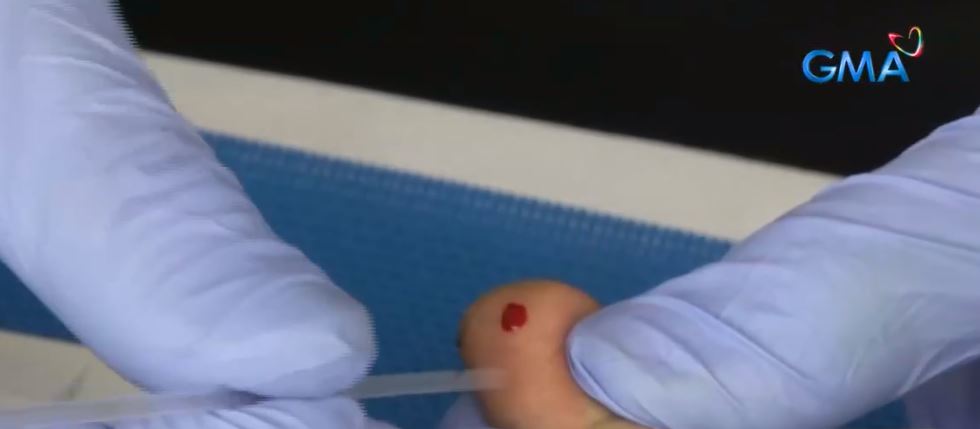Watchdog gives passing mark to Comelec for automated poll preparations
An election watchdog gave the Commission on Elections (Comelec) a passing mark on its handling of the automated elections system. However, the group — Bantay Eleksyon 2010 — said that Comelec's rating could easily slide to zero and would not likely climb to a perfect ten because of the poll body's unpopular decisions and transactions. The watchdog, which has members of the Comelec Advisory Council as its conveners, gave the Comelec a rating of 5, on a scale of 1 to 10 with 10 as the highest. "The Comelec hangs in the balance. Pwedeng maging zero iyan, at hindi na siya aabot sa 10 dahil sa mga maling desisyon ng Comelec," said Mon Casiple, chair of the Consortium on Electoral Reforms (CER). The CER is a member of the Comelec Advisory Council (CAC), a group mandated by law to be part of the poll body's steering committee on the automated election system (AES). Among the council's mandates is its recommendation of solutions to possible risk areas in the implementation of the AES. However, the group lamented being left out in the poll body's decision-making: "Eto, nakikiramdam na lang. Basically nag-aaktibista na kami sa loob. We call the Comelec for data — minsan ibibigay, minsan hindi," Casiple said. Casiple cited, among others, the failure of the Comelec to consult the advisory council before disabling the UV ink reader of the Precinct Count Optical Scan (PCOS) machines. "That decision was made after we became a member of the CAC, but we only learned about the disabling of the UV readers a month after the Comelec turned it off," Casiple said. Meetings with the poll body were basically "storytelling meetings" where Comelec merely reported on decisions made without consultation. In its March 1, 2010 resolution, the CAC recommended the reversal of the Comelec's decision to turn off the PCOS machines' UV ink reader "and instead focus on correcting the problems of Smartmatic-TIM in the printing of the UV marks." "The Comelec and Smartmatic however defended their decision to turn off the UV ink reader, citing the lack of time and the waste of resources by reopening sealed machines and reprinting millions of ballots," Bantay Eleksyon said in a statement. Among its earlier recommendations which the Comelec has not yet acted on were the provision of projectors for public scrutiny of the canvassing process and the conduct of a Random Manual Audit (RMA) immediately after the close of the polls. "Comelec can actually borrow [projectors]," said Andie Lasala, CER member and Bantay Eleksyon national coordinator. "It is not an inconvenience to borrow a projector. Today's situation is different from before when everybody could see the tabulation from a big blackboard. Today the election results would be bared only through a laptop," CER secretary general Rebecca Malay added. "Unfortunately, the Comelec did not act on the recommendations nor did it bother to explain why it was adopted. To date, no official guidelines for the RMA have been released," Bantay Eleksyon said, citing the RMA as the last line of defense in verifying the votes read by the PCOS machines. Besides the CER, other members of the advisory council include the Commission on Information and Communications Technology; Departments of Education and Science and Technology; University of the Philippines; Philippine Electronics and Telecommunications Federation Inc., Chief Information Officers Forum, Inc; Philippine Computer Society; and the Comelec's lone accredited citizen's arm, the Parish Pastoral Council for Responsible Voting (PPCRV). "The success of the Comelec really depends on whether it reached its objective, which is to have a credible election. If we could not call the elections credible, the Comelec failed in its duty," Malay said. - RJAB Jr., GMANews.TV









